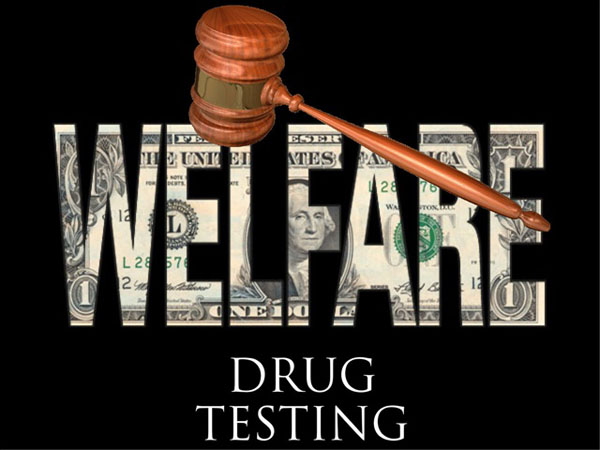Welfare is when the government provides money for those in need. The federal minimum wage, being at $7.25, has forced Americans to accept help from welfare so they would receive more money. (Michael Tanner and Charles Hughes, of the Cato Institute, state from a new study).
Most people need the money, while others are either too lazy to work while others use the money for the funds to buy heroin, cocaine, crystal meth, etc. This has caused the discussion on whether or not to have a required drug test for participating welfare recipients.
Some Americans believe that it’s a great idea, while others are offended by this.
Drug testing is not new to Americans. Most jobs require a drug test every, in fact, industries regulated by the U.S. Department have requirements for their employees to pass a drug test.
So why are people offended when the welfare wants to have certain requirements for the welfare recipients? Although many think most welfare recipients are using drugs, there are many who are in desperate need for money to support their family because they cannot physical, or for any reason in this case, support their family.
Most tax payers are agreeing with this law; they refuse to, yet are forced to, pay for someone else’s drug addiction.
Florida’s Governor Rick Scott, who recently made it mandatory for welfare recipients to pass a drug test, states, “We don’t want to waste tax dollars. And also, we want to give people an incentive to not use drugs.”
Although many believe this law should be passed in every state, it is only fair to give drug tests to college students who receive financial aid.
The fourth amendment also comes in place in this argument. The fourth amendment states that people have the right of the people to be secure and not violated.
This law can be very beneficial, it not only ensures that people, who actually are in need for the help, receive it, and it also might motivate one to stop abusing drugs.
Although this law would be passed in order to stop welfare from providing money for drug users and their drugs, many have the argument that marijuana, for examples, can be grown and absolutely free to drug users. This means that the money given to a drug user does not always mean he or she is using the money for drugs.
